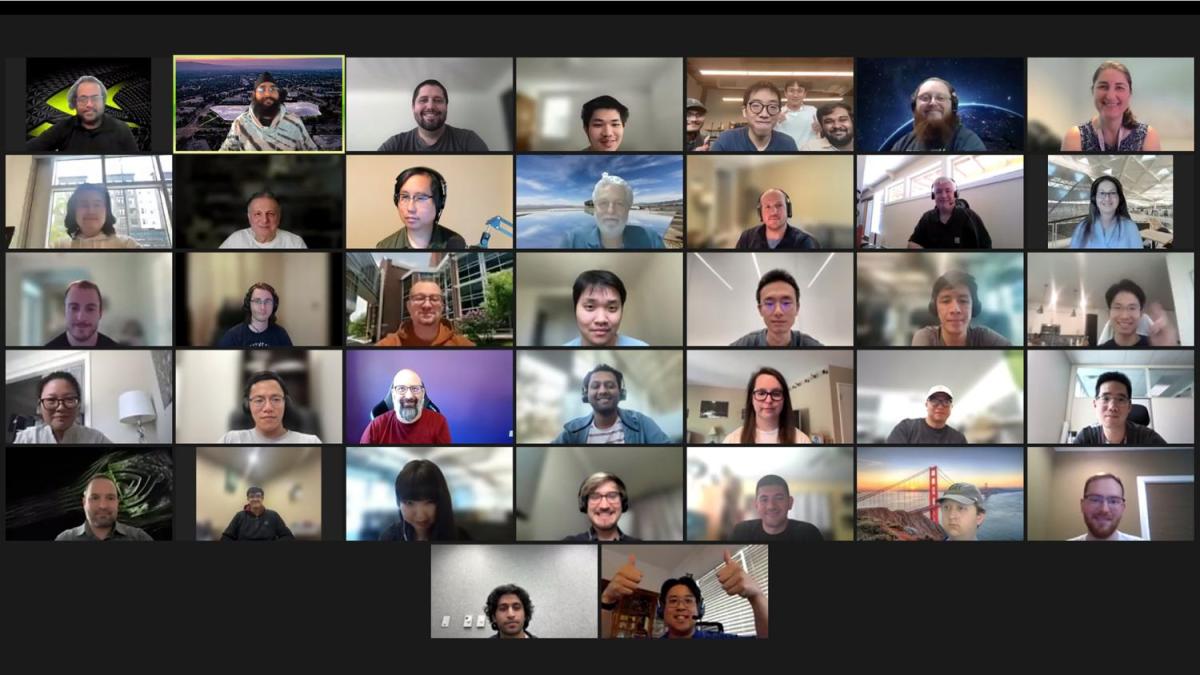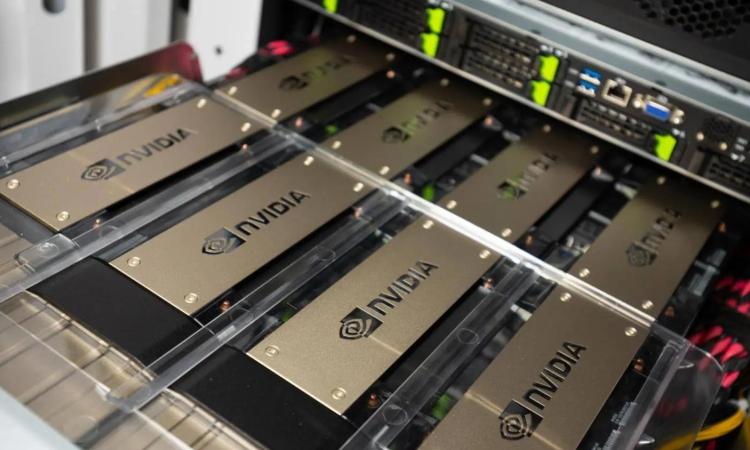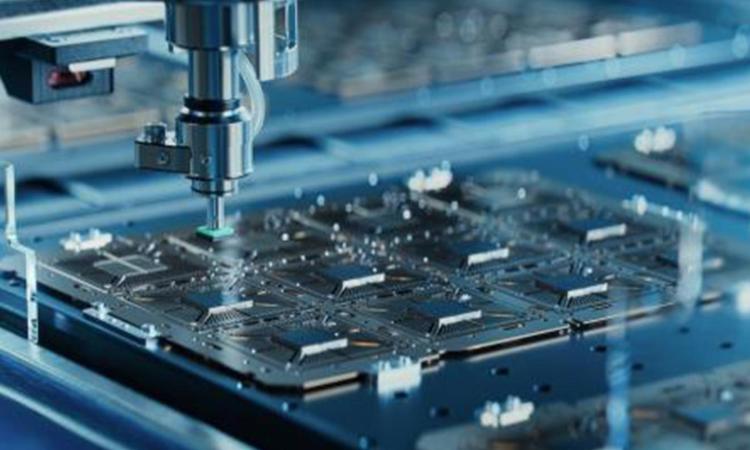
Georgia Tech, in a partnership with NVIDIA and OpenACC Organization, recently hosted a virtual open hackathon using the Institute’s recently unveiled AI Makerspace, a hub for artificial intelligence (AI) supercomputing.
The event marked the inaugural utilization of the new campus resource outside of the classroom.
“Continuing to partner with NVIDIA and OpenACC and venturing beyond the classroom to utilize the AI Makerspace is incredibly exciting,” said Matthieu Bloch, College of Engineering Associate Dean for Academic Affairs and professor in the School of Electrical and Computer Engineering. “The hackathon is the perfect place to harness the potential of this new tool and bring together students, researchers, and experts to learn and showcase their diverse applications.”
“These Open Hackathons are examples of collaborative science at its best,” said Kurt Schmidt, Higher Education and Research account manager at NVIDIA. “Working together, we can enable the academic community to fully take advantage of cutting-edge resources such as the AI Makerspace and help facilitate the collective knowledge exchange critical to accelerating time to discovery. It’s a win-win for all.”
Bloch organized the event along with Senior Research Scientist Aaron Jezghani from Georgia Tech’s Partnership for an Advanced Computing Environment (PACE).
The hackathon paired participants from across the country with experienced mentor programming experts, mainly from NVIDIA and Georgia Tech, giving them the chance to improve and ultimately showcase their computing applications. This year’s teams submitted applications in robotics, machine learning, and 3D modeling, among others.
“Apart from the immediate goal of improving application performance through algorithmic refinement and use of accelerators, the hackathon is designed to aid teams in understanding the importance of software/hardware co-design, sustainable software practices through use of libraries and high-level frameworks, and the financial and environmental impact of their computational research,” Jezghani said.
From the 28 applications submitted to the 2024 event, 11 teams and 35 participants were selected, representing a variety of labs, schools, and colleges across Georgia Tech and beyond.
The use of the AI Makerspace gave teams access to a level of computing power they didn’t have in the past, accelerating their innovation to unprecedented levels.
Many of the teams saw remarkable results over the course of the two-week event.
The Georgia Tech Dynamical Data Analysis and Algorithms team, led by College of Computing (CoC) Assistant Professor Nisha Chandramoorthy, were working on two codes: statistical machine learning to accelerate PDE solvers and neural network models of dynamical systems to efficiently learn long-term metrics associated with stochastic timeseries.
By the end of the event, they achieved a 40 percent reduction in computation time.
Another Georgia Tech team, the Large Language Model Formal Reasoning team, led by CoC Professor Wenke Lee, had an algorithm that used transformers to learn generalizable multi-step formal reasoning with a focus on SAT-solving. They were able to improve the speed at which it was working by 16 times per epoch.
The problem-solving time went from 40 minutes to just over two minutes, while working within a far larger context window than before.
“This fast-paced event provided a great opportunity for us to be exposed to norms and best practices employed by the industry for porting and developing high performance GPU code,” said Aerospace Engineering Ph.D. candidate Aaron Fu, who worked with the NVIDIA DevTech group to port a structural simulation code from CPU to GPU.
The team plans to host more hackathons using Georgia Tech’s cutting-edge resources like the AI Makerspace, recognizing the value of industry-academia collaboration.
For more information on Open Hackathon and its events, click here.
Related Content
Georgia Tech Unveils New AI Makerspace in Collaboration with NVIDIA
By giving students access to powerful supercomputers, Georgia Tech will teach AI to undergraduates in a way unlike any other university in the nation.
Biden-Harris Administration Announces Preliminary Terms with Absolics to Support Development of Glass Substrate Technology for Semiconductor Advanced Packaging
Proposed CHIPS Investment Would Support Construction of New Manufacturing Facility and Over 1,200 Jobs in Covington, Georgia

